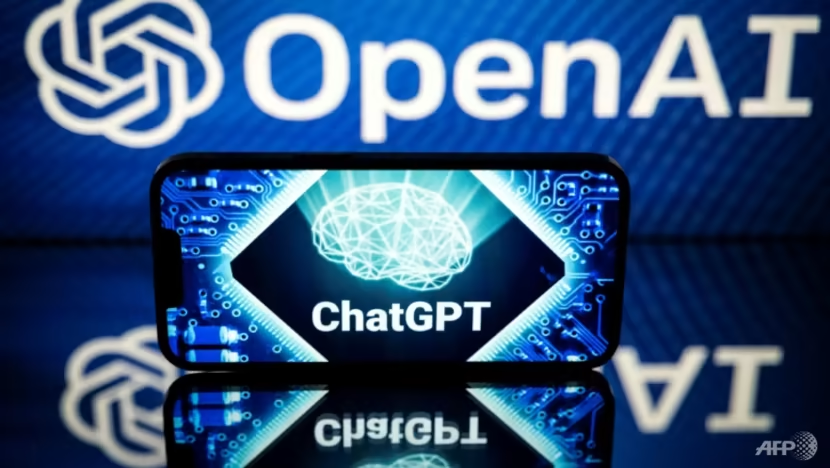What does feds’ latest caution on AI mean for employers?
12-May-2023Leaders from four federal agencies issued a joint statement last week on the use of artificial intelligence and automated systems, outlining how existing U.S. laws and regulations apply to these technologies.

Leaders from four federal agencies issued a joint statement last week on the use of artificial intelligence and automated systems, outlining how existing U.S. laws and regulations apply to these technologies.
The document, authored by heads of the Equal Employment Opportunity Commission, Consumer Financial Protection Bureau, Department of Justice and Federal Trade Commission, follows months of growth for generative AI platforms, including OpenAI’s ChatGPT, that are gradually making their way into the workplace — at times, right under employers’ noses.
“These automated systems are often advertised as providing insights and breakthroughs, increasing efficiencies and cost-savings, and modernizing existing practices,” regulators said. “Although many of these tools offer the promise of advancement, their use also has the potential to perpetuate unlawful bias, automate unlawful discrimination, and produce other harmful outcomes.”
The agencies’ statement discussed the implications of AI in many areas, including workplaces. Equal Employment Opportunity Commission linked to a 2022 technical assistance document in which the commission explained how algorithmic decision-making tools, including AI-assisted tools, may violate the Americans with Disabilities Act.
Equal Employment Opportunity Commission issued that document in conjunction with the Department of Justice. During a press call last year, Department of Justice Assistant Attorney General Kristen Clarke said the two agencies were “sounding the alarm” about employers’ reliance on AI, machine learning and similar processes.







